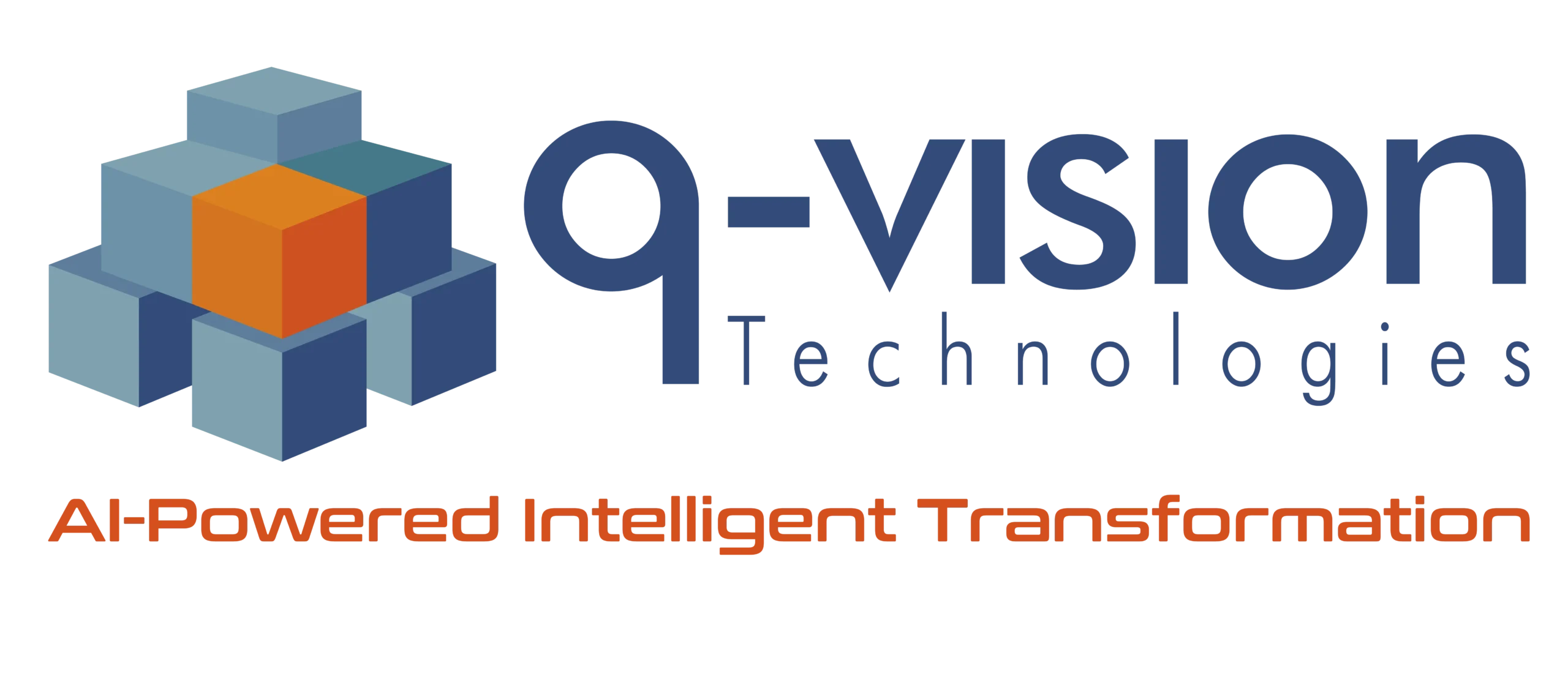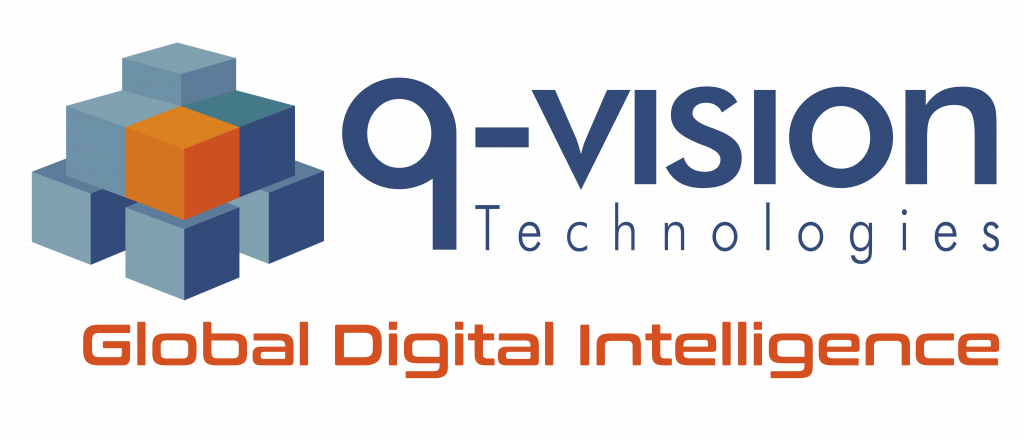Development of Strategic Capabilities
To address the challenges of digital transformation, CFOs must develop new competencies. According to AMROP, three key capabilities are required:
1. Strategic Thinking: The ability to plan long-term, lead in uncertain environments, and make data-driven decisions that drive growth.
2. Adaptability and Regional Connectivity: The capacity to understand the cultural, economic, and regulatory complexities of Central America and the Caribbean, and to quickly adapt to local demands.
3. Financial Innovation: The ability to leverage technologies such as artificial intelligence and data analytics to optimize processes and generate sustainable value.
Fostering a Culture of Innovation
CFOs are responsible for driving organizational change. Their key role is to prepare their teams and companies for financial transformation through the adoption of new technologies and the promotion of a more innovative and strategically oriented corporate culture. This involves fostering collaboration and communication between finance and other departments, as transformation is a joint effort that impacts the entire organization.
Establishing a Solid Foundation of Integrated Data
Data quality and integration are critical to harnessing the power of new technologies. The role of ERP platforms extends beyond consolidating internal financial data—it integrates information from all relevant sources to enhance the accuracy and reliability of forecasts.
For instance, consumer goods companies can achieve continuous visibility by automatically integrating data from promotional campaigns and channel inventories, while manufacturers can make better decisions by incorporating raw material prices and supply chain data into financial forecasting models.
Conclusion
The role of the CFO in Latin American companies has undergone a significant transformation, evolving from traditional financial responsibilities into a comprehensive strategic role within the organization. This shift demands new competencies and the adoption of disruptive technologies such as SaaS, RPA, AI, and advanced data analytics.
To remain competitive, CFOs must develop strategic capabilities, regional adaptability, and financial innovation while fostering an organizational culture that embraces technological change. It is essential for companies to establish a clear vision for their long-term financial strategy, with specific, measurable, achievable, and meaningful goals to effectively meet the demands of digitalization for global competitiveness and productivity.
Readiness for new technologies is not only about implementation—it also involves a mindset shift that enables CFOs to position themselves as true agents of transformation within their organizations, leveraging digital tools to generate strategic value and maintain competitiveness in an increasingly demanding and digitized business landscape.










